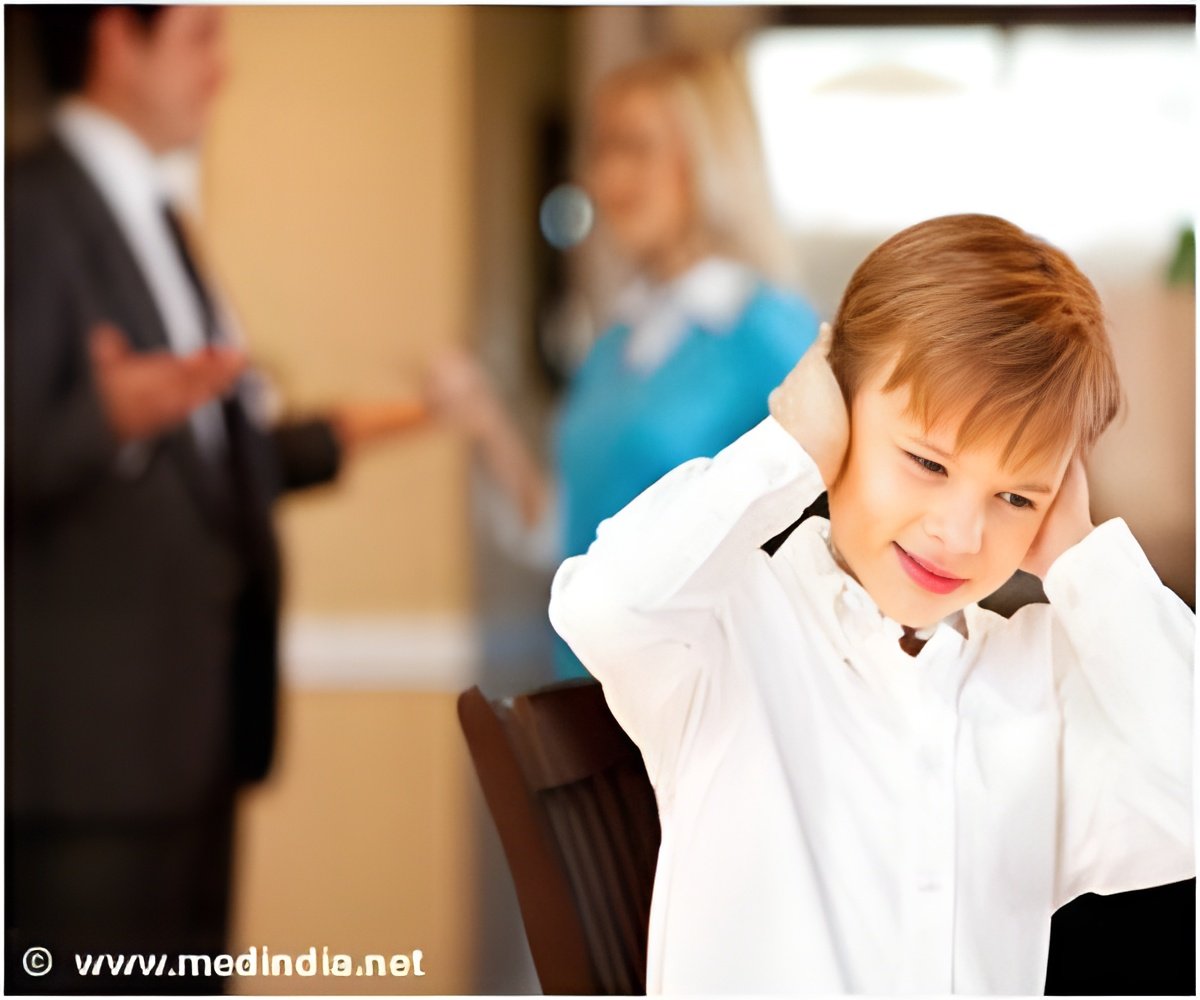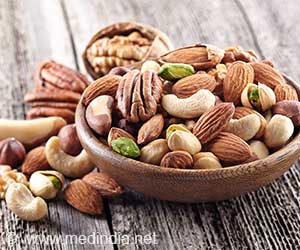An ongoing study evaluates the effectiveness of a newly developed, trauma focused, secondary preventive intervention program to help the children exposed to interparental violence.

Children exposed to such interparental violence experience emotional, behavioral and cognitive problems, which may have long-term effects thus affecting the quality of their life.
Interparental violence has become a worldwide problem with statistics showing nearly 16% of all children in United States alone having witnessed partner assault sometimes in their childhood.
The effectiveness of the newly developed program in minimizing the post-traumatic stress and behavioral problems in children is being evaluated in a randomized control study involving 140 participants.
The researchers compare the impact of the secondary prevention intervention program, which is trauma focused, with that of a control program, named ‘Jij hoort erbij’ (‘You belong’), which is non-specific. They believe that such comparative analyses will help in optimizing the care provided for children exposed to interparental violence.
The participants include the affected children, aged between 6 and 12, and their care giving parents who have also been exposed to interparental violence in childhood.
This therapist guided program helps the children differentiate and express emotions and helps them in coping with the problems and feelings in a positive manner. While the parent sessions guide the parents to become more supportive of their children and help them understand the emotions of the child who has experienced the interparental violence. At the end of the program the parents and children are encouraged to discuss about the sessions.
The program is evaluated by assessing the primary outcomes of exposure to interparental violence like post-traumatic symptoms, internalizing behavior and externalizing behavior in children. Internalizing behavior involves harming oneself like depression, excess intake of food, while externalizing behavior involves physical aggression, bullying others, etc. Other moderating factors like parent-child interaction, parenting stress, emotional security of the children are also assessed. The assessments are based on many validated questionnaires or through certain gaming activities.
The study is still in progress and the researchers have planned to publish the results by the end of 2013. A previous study has reported that children participating in the secondary prevention intervention program, ‘En nu ik!’ show reduced post-traumatic symptoms, internalizing and externalizing behavior.
Hence the experts have opined that results of this study will provide further insight into the inclusion of specific features in secondary prevention intervention programs, making them more efficient.
Reference: The effectiveness of a trauma-focused psycho-educational secondary prevention program for children exposed to interparental violence: study protocol for a randomized controlled trial; Mathilde et al; Trials 2012.
Source-Medindia
 MEDINDIA
MEDINDIA




 Email
Email




